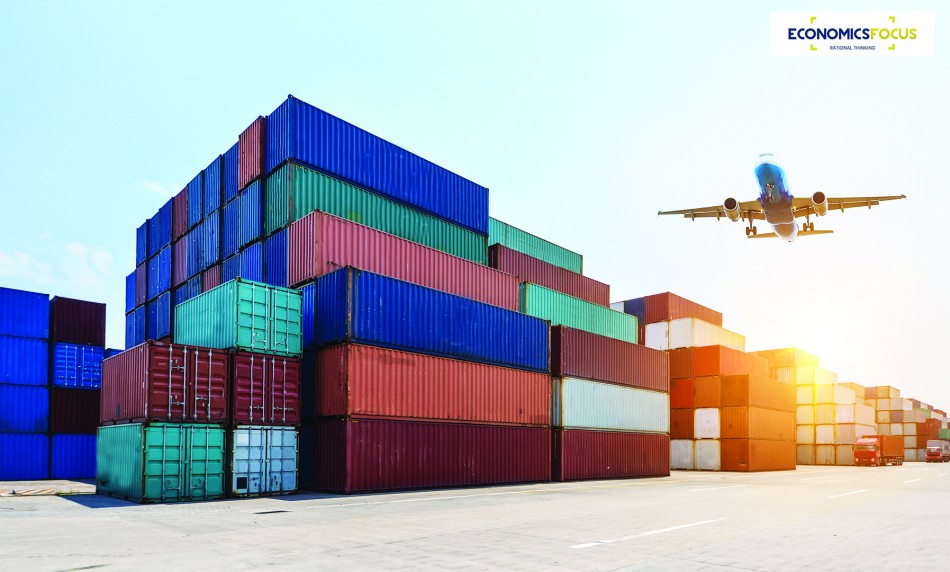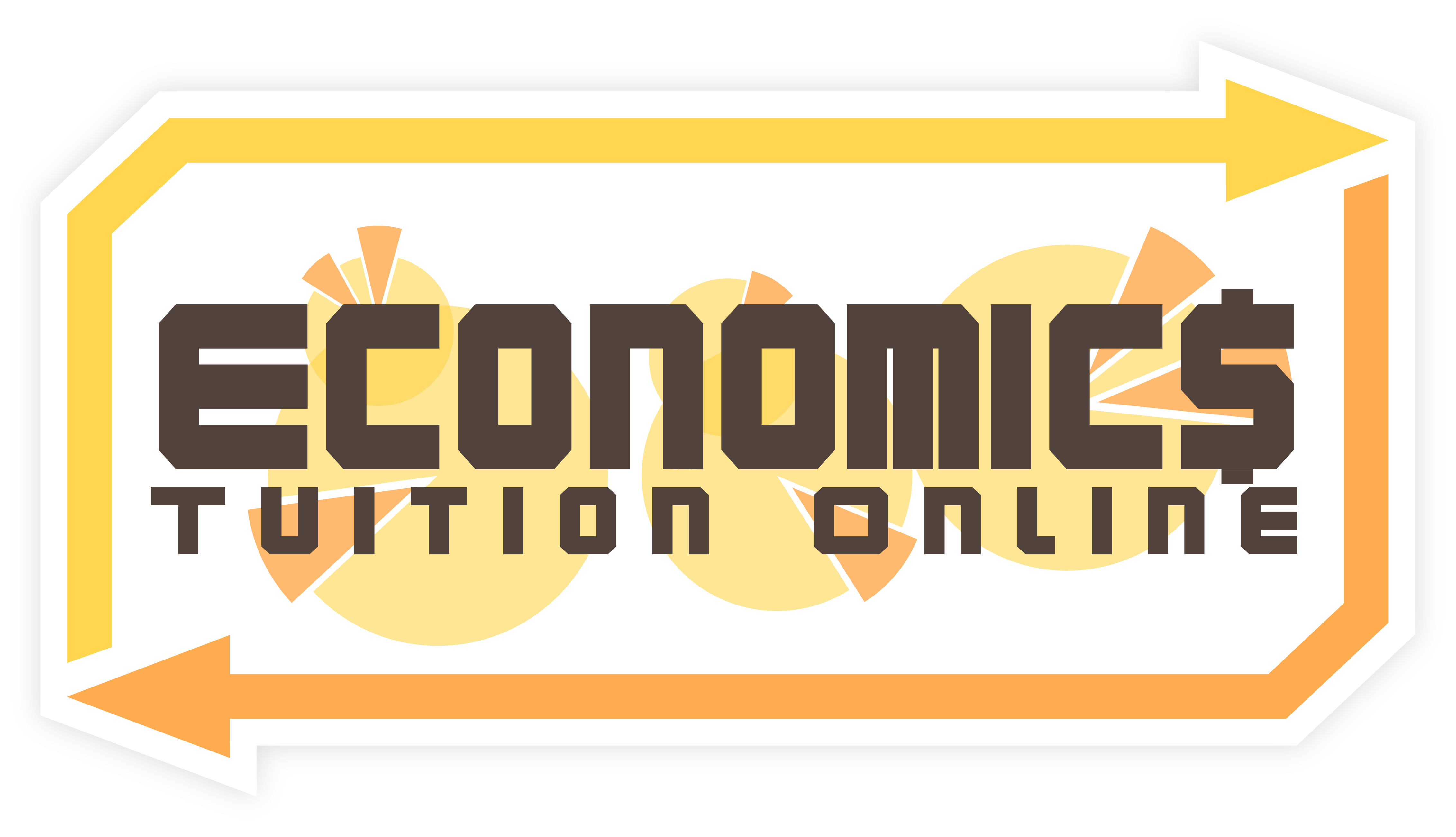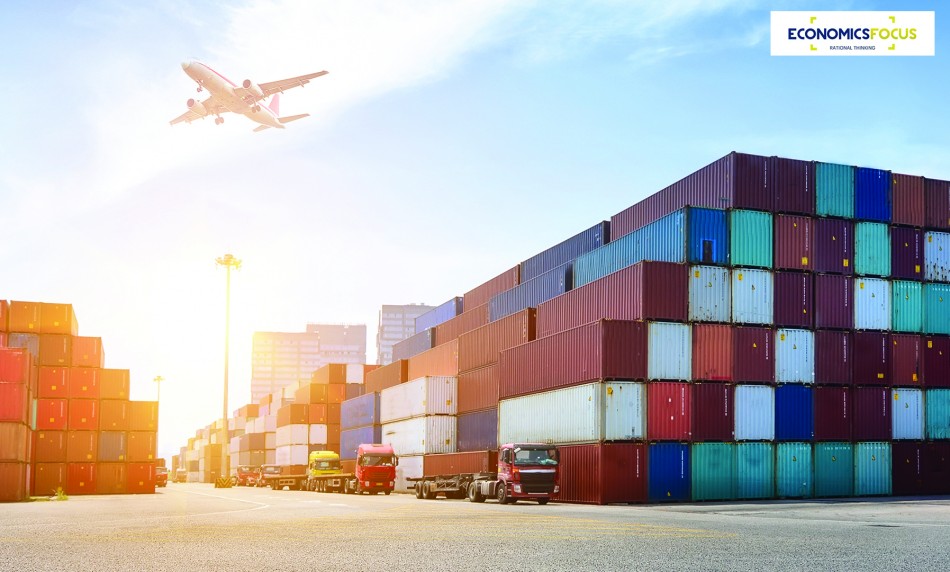International Trade - Protectionism
Although free trade has been widely touted by trade economists as the ideal condition for economic progress, the uneven distribution of benefits has prompted governments to consider the imposition of trade protectionism. Examine the notion of protectionism and how different measures prepared by our JC Economics Tutor Simon Ng from Economicsfocus, like tariffs and quotas, are used to insulate economies from the adverse effects of external shocks. Protectionism can be better understood by referring to actual case studies.


